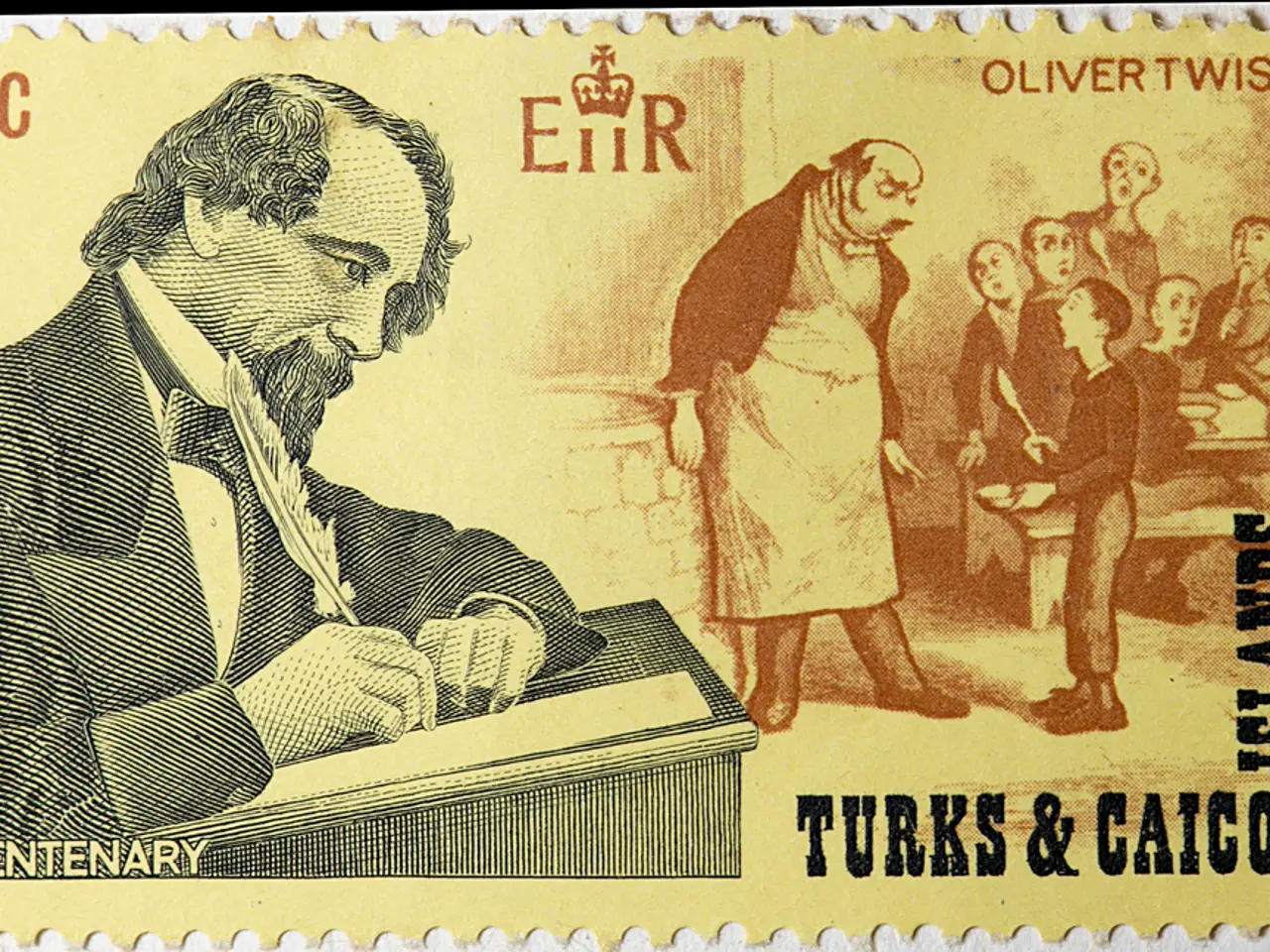Here's a more streamlined, engaging, and conversational version of the article about Extended Producer Responsibility (EPR):
Extended Manufacturer Obligation: Mandate That Producers Oversee Entire Product Life Cycle, Including Waste Management and Recycling
Embracing EPR: A Game-Changer for Sustainable Manufacturing
Hey there! As the world struggles with rising waste and environmental decay, it's high time we discuss the vital strategy that could revolutionize manufacturing practices—Extended Producer Responsibility (EPR). This policy technique shifts the burden of waste management from consumers and governments to manufacturers. But what exactly is EPR and why does it matter? Let's dig in!
Extended Producer Responsibility: A Quick Lowdown
EPR forces manufacturers into taking responsibility for their products' entire life cycle, from design to disposal. That means encouraging manufacturers to craft long-lasting, easily repairable, recyclable products, setting up collection and recycling systems, and promoting waste reduction practices throughout production.
The Bright Side of EPR
- Less Waste: By making manufacturers accountable for waste reduction at the source, EPR empowers them to adopt sustainable practices and cut down waste.
- More Recycling: EPR encourages higher recycling rates by pressuring manufacturers to recover their products at the end of their lives.
- Resource Conservation: By promoting recycling and reuse, EPR saves valuable resources and reduces the demand for fresh raw materials.
- Smart Product Design: Manufacturers are incentivized to innovate and develop eco-friendly products designed for easy recycling or repurposing.
- Boosting the Economy: EPR creates job opportunities in waste management and recycling industries as more materials are recovered and processed.
EPR: The Uphill Battle
Despite its numerous advantages, EPR implementation faces hurdles:
- Manufacturer Resistance: Some manufacturers may resist EPR due to the perceived costs of complying and redesigning products.
- Scarce Recycling Infrastructure: Inadequate recycling facilities in many areas hampers effective product take-back programs.
- Complex Regulations: Crafting comprehensive EPR regulations that cover a wide range of products and account for varying industry standards can be demanding.
- Public Awareness: Lack of understanding among the public about EPR may limit participation in take-back programs.
Making EPR a Reality
To successfully implement EPR policies, governments and stakeholders can take the following steps:
- Clear-Cut Laws: Develop comprehensive laws that set producer responsibilities clearly and establish guidelines for compliance.
- Stakeholder Collaboration: Engage manufacturers, retailers, consumers, and waste management companies in EPR policy-making. Boost partnerships between public and private sectors to boost recycling infrastructure.
- Financial Incentives: Implement rewards for manufacturers who adopt sustainable practices and invest in recycling technology to encourage greener moves. Punish non-compliance to push industry compliance.
- Consumer Education: Launch awareness campaigns to educate the public about EPR and the importance of participating in product take-back programs. Encourage consumers to opt for eco-friendly products from companies with robust sustainability practices.
- Monitoring and Evaluation: Establish mechanisms to track EPR compliance progress and measure its effectiveness in reducing waste, waste generation, and increasing resource conservation. Regularly re-evaluate the impact of EPR on all fronts.
** wrapping it up**
EPR is a critical approach for fostering a more sustainable manufacturing environment that minimizes waste, boosts recycling rates, conserves resources, and stimulates eco-friendly product innovation. While challenges abound, proactive action from governments, businesses, and consumers will pave the way for a greener, more sustainable future. Embrace EPR, and let's make a difference—for our planet!
- Science can play a crucial role in overcoming the challenges associated with Extended Producer Responsibility (EPR) by providing manufacturers with research and technology to create sustainable, eco-friendly products and improve their recycling processes.
- Responsible financial management is essential for the successful implementation of EPR policies, as it ensures the necessary funds are allocated for investments in recycling infrastructure, research, and development, and penalties for non-compliance.




